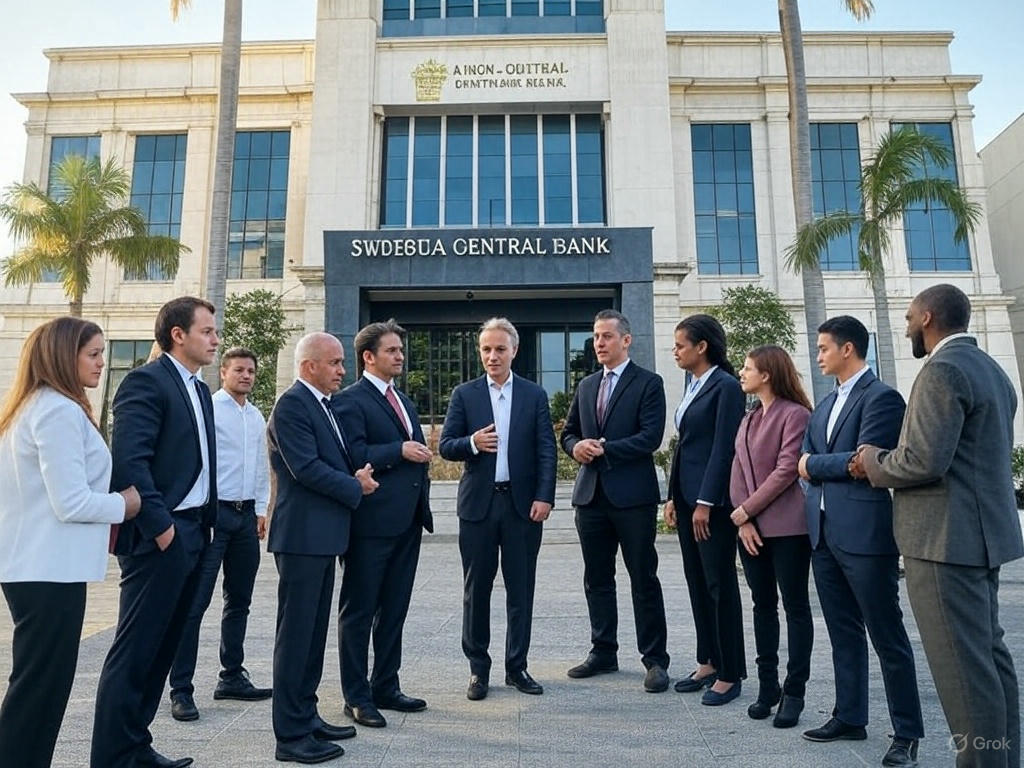Introduction
With the proliferation of cryptocurrency exchanges, choosing the right platform to trade can be a daunting task. Each exchange offers different features, fees, security measures, and user experiences, making it crucial to evaluate your options carefully. This comprehensive guide will walk you through the key factors to consider when selecting a cryptocurrency exchange, helping you find the platform that best suits your needs.
1. Security Measures
Security should be your top priority when choosing a cryptocurrency exchange. Given the frequency of exchange hacks and security breaches, it’s essential to select a platform that implements robust security protocols. Look for exchanges that offer:
•Two-Factor Authentication (2FA): A basic but crucial security feature that adds an extra layer of protection to your account.
•Cold Storage: Ensure the exchange stores the majority of user funds in cold storage, which is offline and less susceptible to hacking.
•Insurance Funds: Some exchanges offer insurance to cover losses in the event of a security breach. This can provide additional peace of mind.
2. Trading Fees
Trading fees can significantly impact your profits, especially if you trade frequently. Exchanges typically charge fees in three main categories:
•Trading Fees: A percentage fee applied to each trade. These can vary based on your trading volume, with some exchanges offering lower fees for higher volumes.
•Withdrawal Fees: Fees for withdrawing funds from the exchange to your wallet or bank account. These fees can vary depending on the cryptocurrency or fiat currency.
•Deposit Fees: Some exchanges charge fees for depositing funds, though many offer free deposits for certain payment methods.
Compare the fee structures of different exchanges and consider how they will affect your overall trading costs.
3. Supported Cryptocurrencies
Not all exchanges offer the same range of cryptocurrencies. If you’re interested in trading specific coins or tokens, ensure that the exchange supports them. Major exchanges like Binance, Coinbase, and Kraken offer a wide variety of cryptocurrencies, but if you’re looking to trade lesser-known altcoins, you may need to seek out specialized platforms.
4. User Interface and Experience
A user-friendly interface can make a significant difference in your trading experience, especially if you’re new to cryptocurrency. Look for exchanges that offer:
•Intuitive Design: A clean, easy-to-navigate interface that allows you to execute trades quickly and efficiently.
•Mobile App: If you prefer trading on the go, ensure the exchange has a reliable mobile app with full functionality.
•Advanced Features: If you’re an experienced trader, you may want an exchange that offers advanced charting tools, order types, and APIs for algorithmic trading.
5. Liquidity
Liquidity refers to the ease with which assets can be bought or sold without affecting the asset’s price. High liquidity ensures that you can execute trades quickly at the desired price. Major exchanges with large trading volumes typically offer higher liquidity, reducing the risk of slippage during trades.
6. Customer Support
Reliable customer support is crucial, especially if you encounter issues with your account or transactions. Check the availability and responsiveness of the exchange’s customer service:
•Support Channels: Look for exchanges that offer multiple support channels, such as live chat, email, and phone support.
•Response Time: Read reviews to gauge the typical response time for customer inquiries.
•Help Resources: A comprehensive FAQ section or knowledge base can be helpful for resolving common issues independently.
7. Regulatory Compliance
It’s important to choose an exchange that complies with the regulations in your jurisdiction. This ensures that the platform operates legally and adheres to necessary security and financial standards. Additionally, compliant exchanges are more likely to offer user protections in case of disputes or issues.
•KYC and AML: Know Your Customer (KYC) and Anti-Money Laundering (AML) procedures are standard practices for regulatory compliance. Be prepared to provide identification documents when signing up.
8. Deposit and Withdrawal Options
Consider the deposit and withdrawal methods supported by the exchange. Some exchanges offer a variety of options, including bank transfers, credit/debit cards, and PayPal, while others may only support cryptocurrency deposits. Check the processing times and fees associated with each method.
Conclusion
Choosing the right cryptocurrency exchange requires careful consideration of various factors, including security, fees, supported cryptocurrencies, and user experience. By taking the time to evaluate your options and prioritize your needs, you can select a platform that provides a secure, efficient, and enjoyable trading experience. Whether you’re a beginner or an experienced trader, the right exchange will be a critical tool in your cryptocurrency journey.




